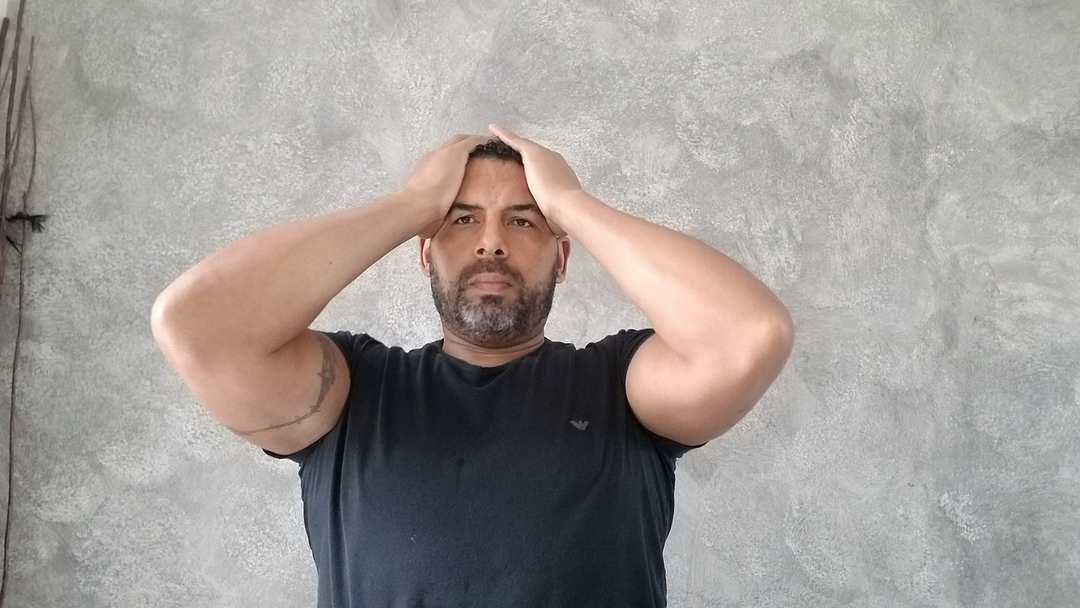A recent study published in Addiction evaluated the associations of cannabis use disorder (CUD) with cardiovascular disease (CVD) outcomes.
Cannabis usage is prevalent among more than 200 million individuals worldwide, and its associated adverse effects carry significant implications. The occurrence of Cannabis Use Disorder (CUD) affects approximately 27%-34% of cannabis users, highlighting the urgent need for public health attention. The gravity of the situation is further emphasized by the limited availability of treatments and behavioral interventions for those affected.
Although research suggests adverse health outcomes due to cannabis usage, the relationship between cannabis and CVD is less explored. However, current evidence indicates a higher occurrence of cardiovascular events among young cannabis users. In addition, cannabis has been associated with severe events such as stroke, myocardial infarction, arrhythmias, atherosclerosis, and cardiomyopathies.
Read The Article Here
FAQs about Cannabis Use Disorder
What is cannabis use disorder?
Cannabis use disorder (CUD) is a medical condition in which a person uses cannabis excessively and compulsively, even though it is causing problems in their life. CUD can lead to a number of negative consequences, including impaired memory and learning, problems with relationships and work, and financial problems.
How common is CUD?
CUD is the most common substance use disorder among people in the United States. About 10% of people who use cannabis will develop CUD, and the rate is higher among adolescents and young adults.
What are the symptoms of CUD?
The symptoms of CUD can vary from person to person. Some common symptoms include:
Using more cannabis than intended
Trying but failing to quit using cannabis
Spending a lot of time using cannabis
Craving cannabis
Using cannabis even when it causes problems at home, school, or work
Continuing to use cannabis despite social or relationship problems
Giving up important activities with friends and family in favor of using cannabis
Using cannabis in high-risk situations, such as driving a car
Continuing to use cannabis despite physical or psychological problems
Needing to use more cannabis to get the same high
What are the risk factors for CUD?
A number of factors can increase a person’s risk of developing CUD, including:
Age: Adolescents and young adults are more likely to develop CUD than older adults.
Family history: People with a family history of addiction are more likely to develop CUD.
Mental health problems: People with mental health problems, such as depression or anxiety, are more likely to develop CUD.
Peer pressure: People who have friends who use cannabis are more likely to use cannabis themselves.
Early exposure to cannabis: People who start using cannabis at a young age are more likely to develop CUD.
How is CUD treated?
There is no one-size-fits-all treatment for CUD. Treatment plans are typically tailored to the individual’s needs and may include a combination of medication, therapy, and support groups.
Common treatments for CUD include:
Cognitive-behavioral therapy (CBT): CBT is a type of therapy that helps people to identify and change their thoughts and behaviors.
Contingency management: Contingency management is a type of therapy that rewards people for positive behaviors, such as staying sober.
Medication: There are a number of medications that can be used to treat CUD, such as bupropion (Zyban) and naltrexone (Vivitrol).
Support groups: Support groups can provide people with CUD with a safe and supportive environment where they can share their experiences and learn from others who are going through the same thing.
FAQ
What does Quash mean?
to say officially that something or an earlier decision, is no longer to be accepted: His conviction was quashed after his attorney argued that police evidence was all lies.
What is conviction vacated mean?
When a sentence is vacated: It legally annuls the conviction. Vacating a criminal sentence means removing that conviction from a person’s record. The record will then appear as if the person was never charged and convicted of a crime.
Why would a sentence be vacated?
Someone who has their conviction vacated are released from custody under certain conditions, such as a plea bargain being breached, proof of ineffective counsel, court bias, or another similar factor that might have impacted the outcome of the original trial.
Is vacating the same as dismissing?
‘Vacating’ or ‘setting aside’ is used when referring to nullifying a specific judgment from the judge (in this case, a guilty or ‘no contest’ judgment).
‘Dismissing’ applies to the entire case. It means that the case is thrown out for reasons other than its factual merits.
Does vacated mean innocent?
Winning the motion to vacate doesn’t mean that this is the end of the matter. The conviction or sentence is canceled as if it never existed, but the court doesn’t close your case. Instead, the prosecutor then decides whether to drop or pursue the original charges.
More Posts

Defending against false accusations of Criminal Sexual Conduct
Defending against false accusations of Criminal Sexual Conduct (CSC) in MichiganDefending against a false accusation of Criminal Sexual Conduct (CSC) in Michigan is a serious matter and requires a well-prepared legal strategy. Here are several steps you should take to...

Can I sue for being falsely accused of Criminal Sexual Conduct
If you are innocent and falsely accused of Criminal Sexual Conduct (CSC) in Michigan can you sue?Yes, if you have been falsely accused of Criminal Sexual Conduct (CSC) in Michigan and can prove that the accusations were malicious or knowingly false, you may be able to...

Resisting Arrest in Michigan
Stop resisting! Stop resisting!In Michigan, resisting arrest is a serious crime. Under Michigan Compiled Law (MCL) 750.81d, it is illegal to resist or obstruct a police officer or any other law enforcement official when they are performing their duties. This law...

Probable Cause v Reasonable Suspicion
What's the difference between probable cause and reasonable suspicion?Definition of Probable Cause Probable cause refers to the belief held by a reasonable person that a crime is currently being committed, has already been committed, or is likely to be committed in...

False accusations of Criminal Sexual Conduct (CSC) in Michigan
False accusations of Criminal Sexual Conduct (CSC) are a serious.False accusations of Criminal Sexual Conduct (CSC) are a serious issue and can have devastating consequences for the accused. While it’s important to recognize that sexual assault is a significant...

Criminal Sexual Conduct (CSC) Consent in Michigan
Criminal Sexual Conduct (CSC) Consent in Michigan: Definitions, Penalties, and Legal References.Criminal Sexual Conduct (CSC) consent refers to the voluntary, informed, and freely given agreement by an individual to engage in sexual activity. Consent plays a critical...


Criminal Sexual Conduct (CSC) Fourth Degree
Criminal Sexual Conduct (CSC) in Michigan: Fourth DegreeCriminal Sexual Conduct (CSC) is a set of laws in Michigan that define and penalize various forms of sexual offenses. These laws are categorized into four degrees, with each degree reflecting the severity of the...



Criminal Sexual Conduct (CSC) Third Degree
Criminal Sexual Conduct (CSC) in Michigan Third DegreeCriminal Sexual Conduct (CSC) is a set of laws in Michigan that define and penalize various forms of sexual offenses. These laws are categorized into four degrees, with each degree reflecting the severity of the...



Criminal Sexual Conduct (CSC) Second Degree
Criminal Sexual Conduct (CSC) in Michigan: Definitions, Penalties, and Legal References.Criminal Sexual Conduct (CSC) is a set of laws in Michigan that define and penalize various forms of sexual offenses. These laws are categorized into four degrees, with each degree...



Criminal Sexual Conduct (CSC) First Degree
Criminal Sexual Conduct (CSC) in Michigan: First DegreeCriminal Sexual Conduct (CSC) is a set of laws in Michigan that define and penalize various forms of sexual offenses. These laws are categorized into four degrees, with each degree reflecting the severity of the...











